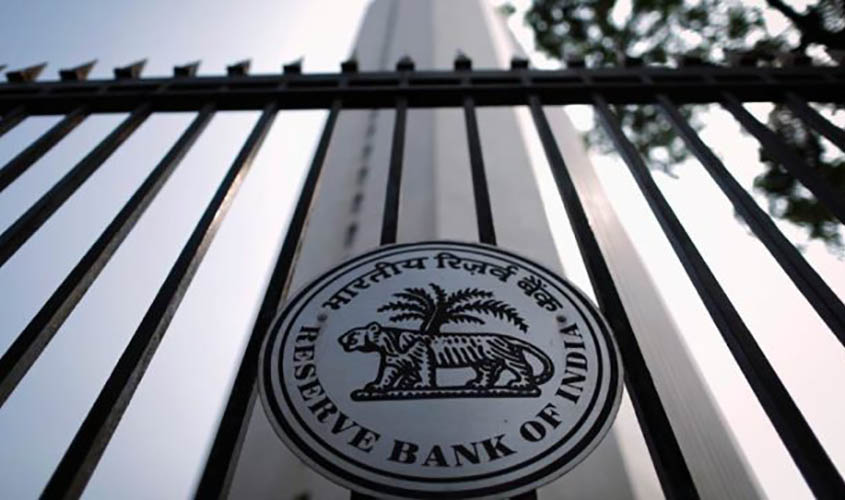While Bill Gates may have complimented Government of India for the unprecedented step of withdrawing 86% of the country’s currency at less than four hours’ notice, several tens of millions of those in far more straitened circumstances than Gates were severely affected by the move. It is a matter of astonishment that Reserve Bank of India Governor Urjit Patel failed to factor in the fact that the informal economy feeds into the formal economy. Indeed, that a substantial measure of the health of the latter comes from the robustness of the former. The RBI failed comprehensively to ensure adequate liquidity to the economy, and as a consequence, hundreds of thousands of employment generating units were shut down owing to lack of cash. Neither Bill Gates nor Urjit Patel may know this, but the reality is that there are several parts of India, especially in the rural areas, that have extremely poor coverage by the commercial banking system. Those living in such locations were left to fend for themselves by the cavalier attitude of the RBI towards their fate. Even in the cities, including in the metropolitan centres, for weeks on end ATMs went dry, limping back to at least a shadow of their former selves only after several months. Across the world, the Central bank of one of the world’s biggest economies has become an object of ridicule because of the fact that the Board of Directors of the RBI, on the advice of the senior officials of the bank, agreed to the massive demonetisation of the rupee. Of course, the responsibility for this was placed on the shoulders of Prime Minister Narendra Modi, who was given the task of announcing a measure that was unanimously favoured by the senior officials around him. Several of these officers have been rewarded with plum positions despite the shoddy way in which such a consequential measure was implemented. In particular, the almost daily issuing of circulars by the RBI followed by their withdrawal or amendments made the monetary authorities lose the trust of the public. And now it is clear that the banking system into which the cash that was in the hands of the public (all of it, including possible banknotes of dodgy provenance) seems even less safe than the humble homes where small hoards of rupees were saved for a rainy day. It is clear from the mountain range of NPAs that banks in India have been less than diligent in ensuring that the Nirav Modis and the Mehul Choksis do not drain banks of cash that they plainly had no intention of repaying. Of course, such a lack of desire to repay seems to have escaped several of our bank managers, who were obviously entranced by the Page 3 lives of the fixers and dealers whom they were practically begging to borrow money from them without adequate collateral.
The RBI must step forward and accept responsibility for failing to ensure that much of the banking system in India not become a personal piggybank for the well connected. There needs to be a Special Investigation Team (different from the frequently sitting SIT set up by the Modi government immediately after it took over, and which has generated much paper but few discoveries of black cash, especially the hundreds of billions of dollars held overseas). Such an SIT should comprise non-government experts of stature and integrity, rather than become a receptacle for yet another collection of civil servants to occupy. Those working for foreign

